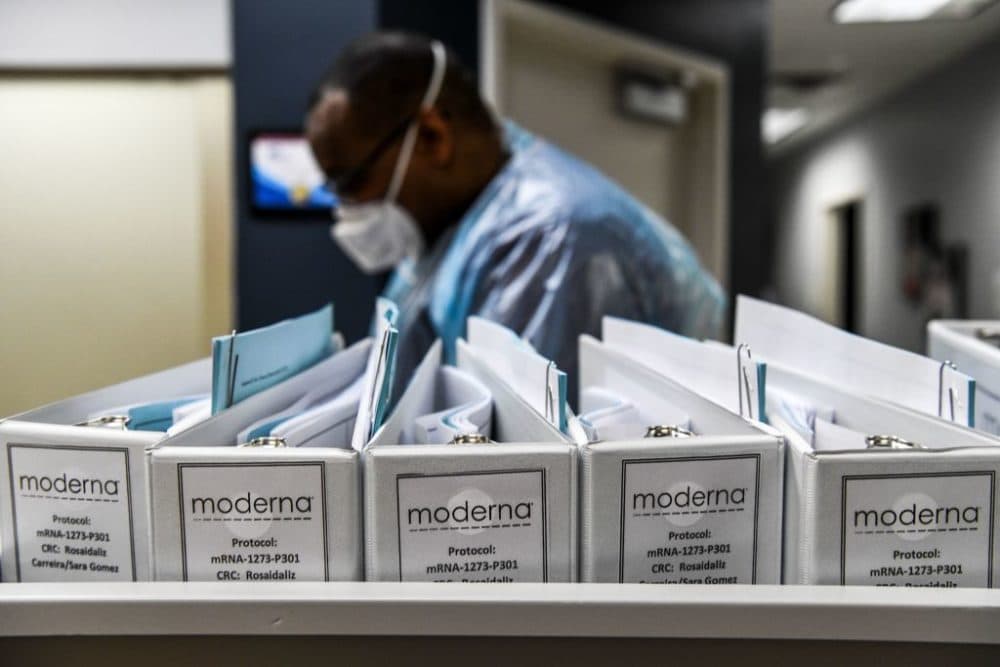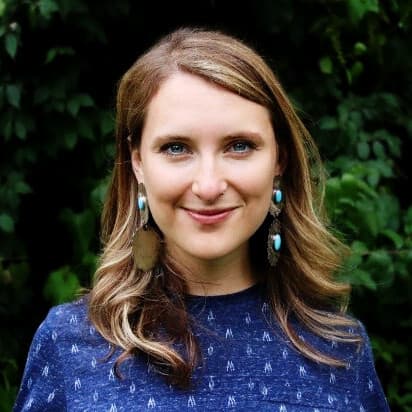Advertisement
On Point's Coronavirus Hours
The 'Covidization' Of Science
Resume
It’s been a landmark year for science. How did the science community do it — and at what cost?
Guest
Ed Yong, science writer at The Atlantic. Author of "I Contain Multitudes." (@edyong209)
Jennifer Doudna, biochemist who helped invent CRISPR technology. Professor of chemistry, biochemistry and molecular biology at the University of California, Berkeley. (@doudna_lab)
Also Featured
Dr. Michael Mina, assistant professor of epidemiology and assistant professor of immunology and infectious diseases at the Harvard T. H. Chan School of Public Health. Associate medical director in clinical microbiology at Brigham and Women’s Hospital, Harvard Medical School. (@michaelmina_lab)
Madhukar Pai, professor and Canada research chair in translational epidemiology and global health at McGill University. (@paimadhu)
From The Reading List
The Atlantic: "How Science Beat the Virus" — "In fall of 2019, exactly zero scientists were studying COVID‑19, because no one knew the disease existed. The coronavirus that causes it, SARS‑CoV‑2, had only recently jumped into humans and had been neither identified nor named."
Nature: "Covidization of research: what are the risks?" — "Every crisis is a strong call to mobilize the entire research community to respond. The COVID-19 pandemic is no exception. Researchers, universities, funders, philanthropies, journals, and journalists have all pivoted, en masse, to COVID-19. Everyone is ‘Covidized’, and it should worry us."
Boston Globe: "‘Makes you ask why the hell we even bother.’ Infectious disease experts face disillusionment as COVID-19 pandemic worsens" — "Michael Mina could have pursued a career as a potter. Or remained a Buddhist monk in Sri Lanka. Instead, he opted to become an epidemiologist, a profession that now has his head hitting the pillow around 4 a.m. each day for five hours of sleep."
This program aired on December 21, 2020.

